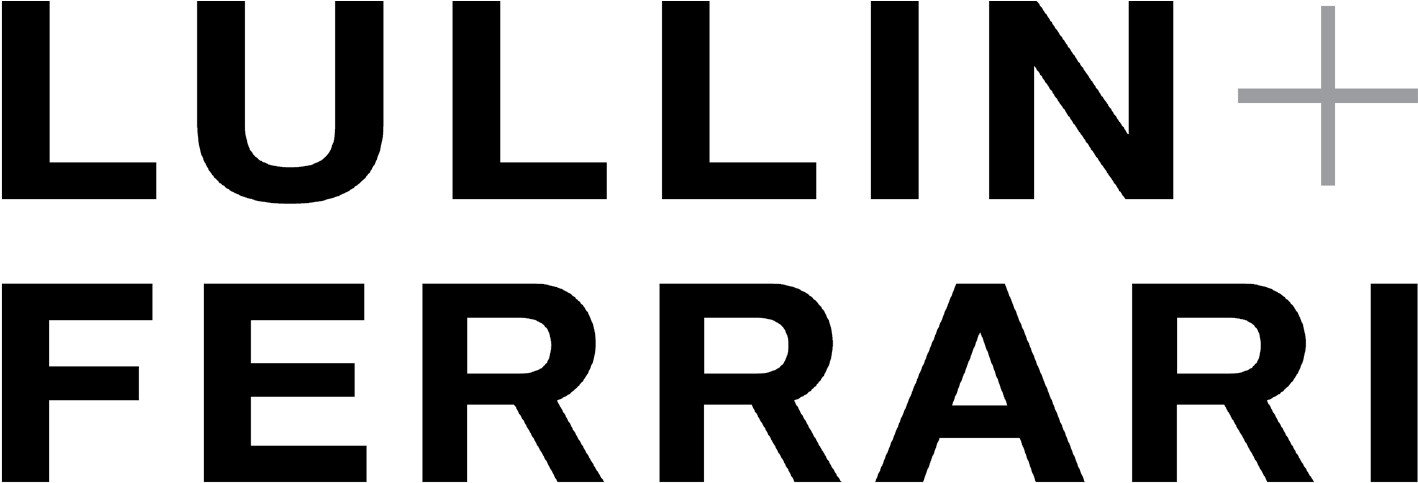
Spring in Your Step
Inauguration of the new space with works by: Michael Bauch, Benedikte Bjerre, Anne-Lise Coste, Slawomir Elsner, Klodin Erb, Franziska Furter, Pierre Haubensak, Clare Goodwin, Mamiko Otsubo, Sebastian Utzni, wiedemann/mettler and guests
11 March – 15 May 2021
We are happy to welcome you with the upbeat title Spring in Your Step to a group exhibition with artists from the gallery and guests. This inauguration marks the beginning of a new era for the gallery. The First of March we broke through the wall to more than double our gallery space. We are thrilled to share the new space with you!
The exhibition Spring in Your Step with works by artists from the gallery and some guests marks a departure. After twelve years, the opportunity to expand the gallery presented itself. In February, the adjoining space was reshaped and in early March the new space was merged with the original gallery. Hence our exhibition space has more than doubled. The opening exhibition shows the new possibilities.
In the first room, the predominant colour green instigates the spring-like introduction to the exhibition: by Benedikte Bjerre, a bloodshot eye peers out at those entering from behind a towering tulip. The photograph refers to the tulip speculation in the United Netherlands in the 17th century. Next to it hangs a watercolour with a subtle colour gradient by Slawomir Elsner. The early work BP-Boxen by Pierre Haubensak, a shape canvas created in 1968 on Ibiza, brings a sculptural element into the pictorial design that refers to the stacks of the American minimalist Donald Judd.
In the second room, Sebastian Utzni presents a colourful bouquet of plastic flowers called The Fleurop List. This is a pictorial transposition of flower code names assigned to partner services abroad by the German Federal Intelligence Service (BND).
Clare Goodwin's large painting Jane and John with striking depth and an exciting orange accent hangs centrally in the room.
Two pictorial drawings on heavy handmade paper by Pierre Haubensak and the hybrid sculpture bluish encouragement by wiedemann/mettler are complemented by two other large-format works by the artist couple, the velvet object entpuppt (emerged) and the photographic interior view of a shopping mall in the Shinagawa district of Tokyo. This pair of pictures is related to their lovers' lane series.
A multi-layered drawing by the American artist Al Taylor and a straight airbrush paper work after Giorgio Morandi by Anne-Lise Coste set two further subtle accents in the room.
Then comes the transition to the new premises. From an architectural point of view, the question arose as to where the breakthrough should be. It was clear that the parade walls in the first showcase room should be retained; therefore, the passage could only take place in the second room. The transition opens up the visual axis to the flower arrangement Inside Outside Backstage Vase by American conceptual artist Jamie Isenstein. The vase after Odilon Redon with real and fake flowers is framed by the two prints Soft pink and Soft blue landscape by Richard Hamilton. In these works, Hamilton dealt with advertisements for the toilet paper company Andrex in the late 1970s, which appeared in the colour supplements of Sunday newspapers.
A filigree sculpture by the Japanese sculptor Mamiko Otsubo, in which she combines elements of chrome steel with branches from New York's Central Park and a purple juggling ball, leans against the rear wall. The material print Postcard by Dieter Roth shows a bird's-eye view of London's Hyde Park covered in plastic and an adjacent cityscape painted over in green. Clare Goodwin contributes a poetic Ceramic Whispers (Conversation) to the exhibition and Michael Bauch adds a strong pictorial construct with deep black acrylic paint on jute.
In the front room, Franziska Furter has arranged five Banners with pieces of text from Simone de Beauvoir to Jorge Luis Borges into a wonderful imaginary library hanging from the ceiling. This group of works is complemented by the small, prominently hung work Dowser and the multi-layered painting Gartenloch by Klodin Erb, which was created in spring 2020 and gives a hint to her upcoming solo exhibition at the end of May 2021.
In the narrow passage to the former garage room hangs the gouache No. 421 by Isa Melsheimer, in which she depicts the Trigon Village by the architect Justus Dahinden, built in 1969 on Heuelstrasse on the Zürichberg.
In the back room stands the massive and poetic sculpture from the series Wie tief ist die Zeit? (Cut) by Katja Schenker from 2017. The group of works was created in connection with the impressive Kunst-am-Bau project in the atrium of the University of Applied Sciences Northwestern Switzerland in Muttenz, a building designed by pool Architekten from Zurich. Opposite the cut hangs the work Corona, for which Franziska Furter has drawn a circle with ink on the surface of the water which she then picked up with paper.
A colour pencil drawing entitled Die Umarmung (The Embrace) by Slawomir Elsner, which in many respects is topical today, and the drawing sauvée (herd) by Katja Schenker underline the gallery's affinity for outstanding works on paper.
The exhibition offers you and us the first opportunity to familiarise with the new spatial possibilities. It unfolds a wide range of artistic expressions and allows many intriguing cross-references to be drawn between the artworks. We look forward to presenting many more exhibitions of the gallery's artists and some surprising guest appearances in the enlarged gallery premises soon.

